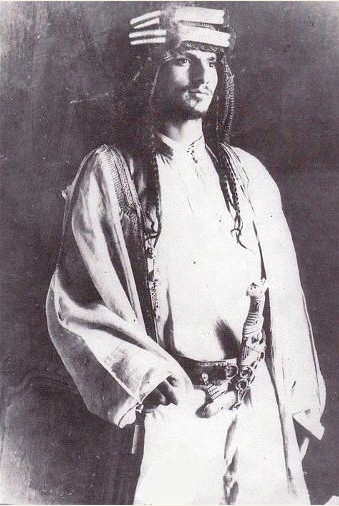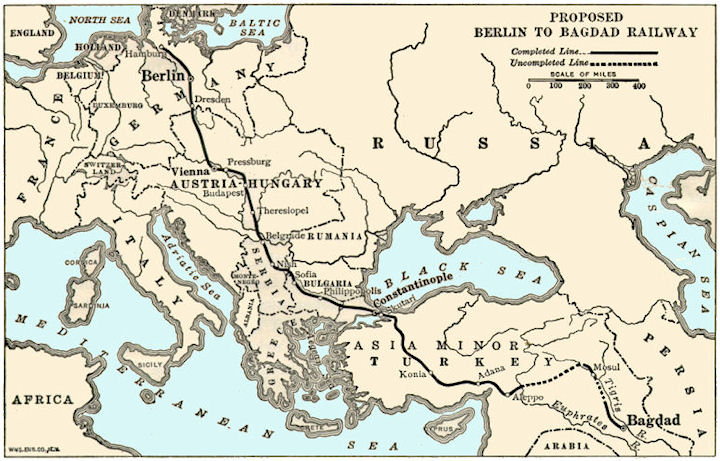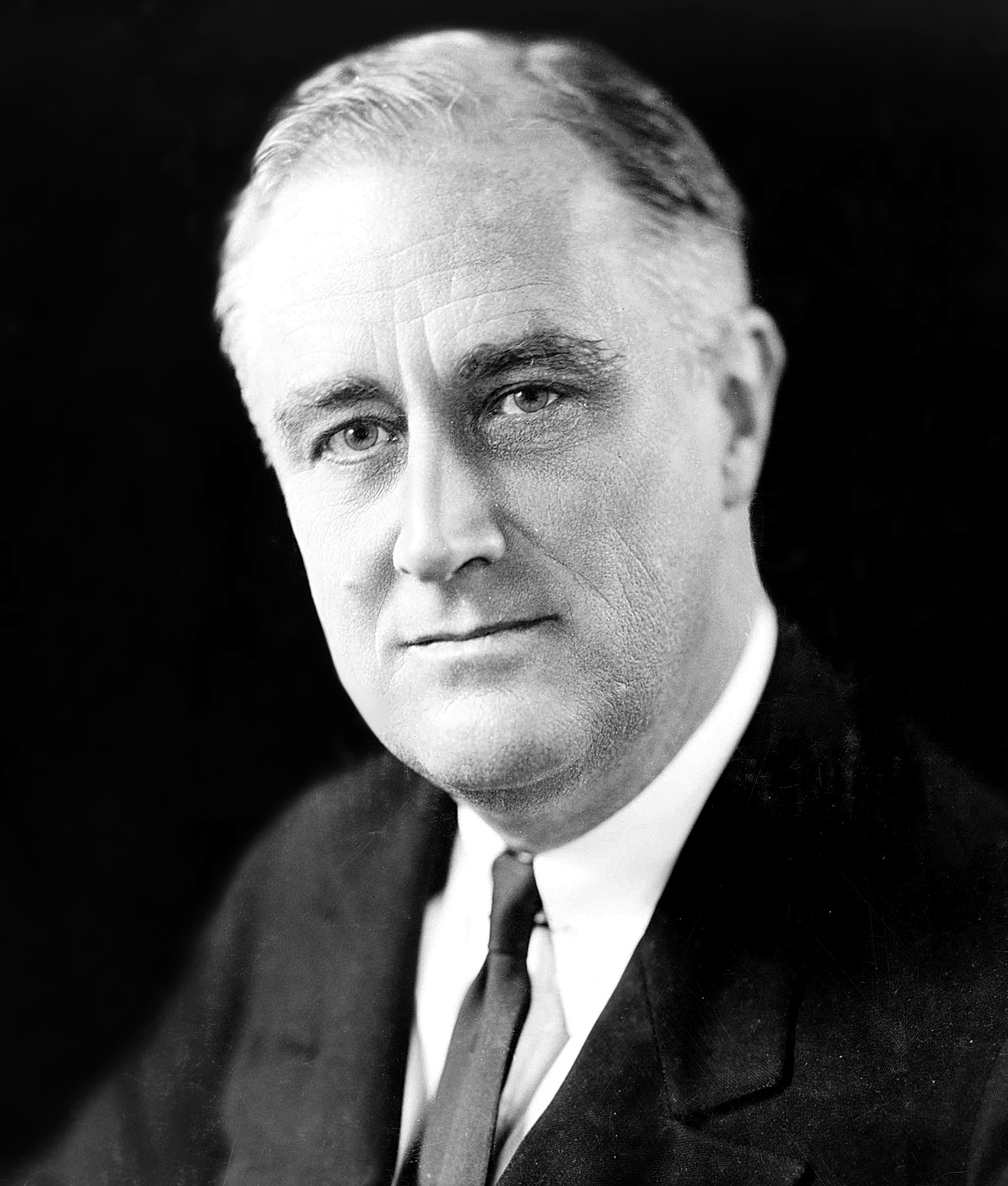The Land of God
The Land of God
Having snatched victory from the jaws of defeat, the Ottoman Empire went on the offensive. Their biggest goal was to crush the Arab revolt and punish the Hashemites that lead that said revolt. Fortunately, most Arabs simply surrendered and begged for mercy while the Hashemites laid down their arms, hoping to be spared. Contrary to what they expected, those that had to lead the revolt were executed along with the Sharif of Mecca, Hussein bin Ali.
Arabia
Another group that had also supported the revolt was the house of Saud, one of the 2 major factions vying for control of Arabia. In this struggle, the Ottomans had an ally in the Emirate of Jabal Shammar. Together, the two forces fought a campaign in the desert until the Sultanate of Nejd surrendered to the Ottomans and the Rashidi's in 1921. With the Saudis gone, the Rashidis became the undisputed rulers of Arabia. In 1932, the Kingdom of Rashidi Arabia would be proclaimed.

Saud bin Abdulaziz, the first King of Rashidi Arabia

Flag of Rashidi Arabia
Persia
The fighting between different factions continued on, with a massive famine ravaging the country. This continued until the peace was restored following a treaty with the Ottomans was signed. In 1921, the Qajar dynasty was forced out of power in a coup by the Pahlavis. Thus, the Pahlavis became the new dynasty of Persia. In 1925, Persia took advantage of the collapsing British influence by nationalizing the Anglo-Persian Oil Company and retaking lost territories in India and Afghanistan.

Reza Shah Pahlavi, the Shah of Persia
The war had saved the empire but didn't save its regime. Blaming the Young Turks for the near catastrophe, a military coup was pulled off by Mustafa Kemal Pasha. He would be named as the new Grand Vizier, ushering a series of reforms that were badly needed. Answering the calls of the First Arab Congress in 1913, the Arabic language was recognized as the second language of the Empire.

Mustafa Kemal Pasha, Ottoman Grand Vizier
One project was able to complete, which was the Berlin Baghdad Railway. In a grand ceremony in 1922, the railway was inaugurated and the first trains began their journey. The railway line stretched from Baghdad all the way across Anatolia and the Balkans towards Germany. This meant that a German businessman could reach Baghdad, ready to invest within a week.

The rail route of the Berlin-Baghdad Railway
Last edited:

